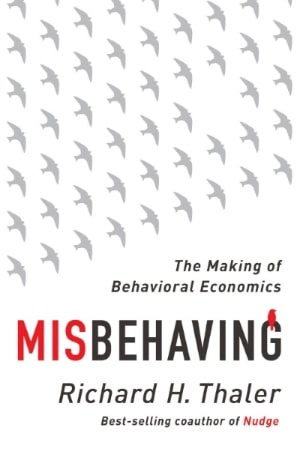Poisoning the Well: The impact of incivility in the workplace
 Culture matters more than any other factor in determining the level of ethical conduct within an organization. Knowing this, leaders need to be ever vigilant to how toxic day to day interactions can poison the working environment.
Culture matters more than any other factor in determining the level of ethical conduct within an organization. Knowing this, leaders need to be ever vigilant to how toxic day to day interactions can poison the working environment.
Christina Porath, associate professor at Georgetown University and co-author of “The Cost of Bad Behavior” recently published an op-ed and online quiz (“No Time to Be Nice at Work,” Sunday, June 21, 2015) in The New York Times illuminating the dramatic degree in which courtesy and consideration in the workplace actually impact individuals.

 What do economics, psychology, and experimental science have in common? As
What do economics, psychology, and experimental science have in common? As  Part of the mission of Ethical Systems is to enhance the work of practitioners and experts in the ethics and compliance field, as they are on the front lines of helping businesses transform their cultures and their employees act more ethically.
Part of the mission of Ethical Systems is to enhance the work of practitioners and experts in the ethics and compliance field, as they are on the front lines of helping businesses transform their cultures and their employees act more ethically.  At a recent banking summit in China, the focus was on how international banks can regain the moral high ground. In response, Norman Chan, chief executive of the Hong Kong Monetary Authority, wrote
At a recent banking summit in China, the focus was on how international banks can regain the moral high ground. In response, Norman Chan, chief executive of the Hong Kong Monetary Authority, wrote